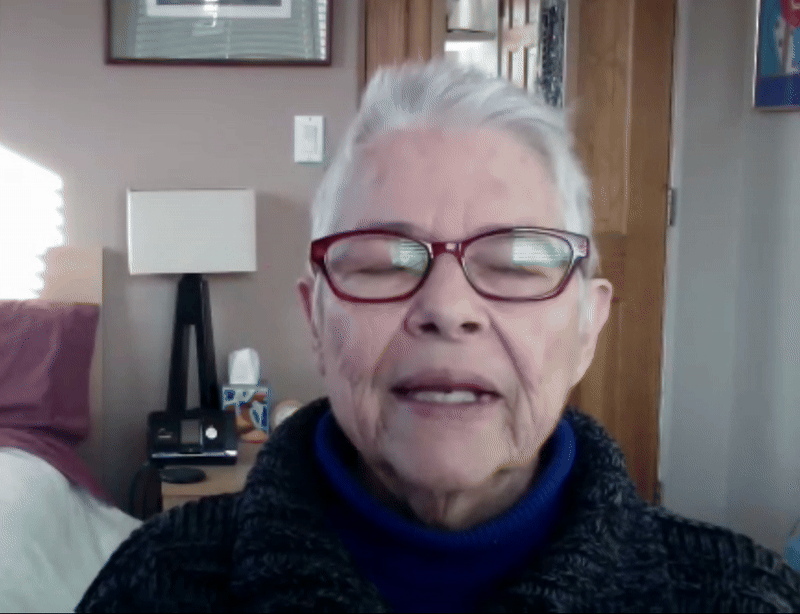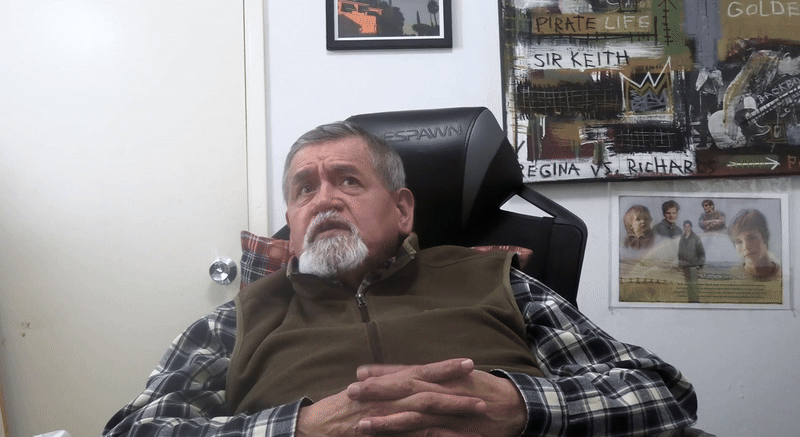KEMBRA PFAHLER
- The LGBTQ History Project
- Sep 8, 2024
- 5 min read
Updated: 3 days ago
THE VOLUPTUOUS HORROR OF KAREN BLACK, MUSICIAN

I met Kembra Pfahler through punk rocker and all around bizarro Howie Pyro. As a teenager, I started corresponding with Howie, and we became friends. When I moved to New York a decade later, he introduced me to Kembra, and my world opened.
Kembra Pfahler is a performance artist, musician, and filmmaker known for her avant-garde contributions to the art and punk scenes. As the frontwoman of the punk band The Voluptuous Horror of Karen Black, she merges music and visual art with theatrical and provocative performances. Her work explores themes of bodily autonomy, feminism, and societal subversion, often incorporating body paint, horror aesthetics, and exaggerated personas to challenge traditional beauty standards.
Kembra Pfahler's philosophy of ‘availabilism’ champions the creation of art with whatever resources are at hand, placing ingenuity above material wealth. Influenced by artists like Jack Smith and the Fluxus movement, she became a significant figure in New York’s underground art scene in the 1980s. Her career has been marked by appearances in underground films and performances that push boundaries with grotesque and visceral imagery, while also reclaiming female identity and challenging gender norms.
Kembra Pfahler’s punk ethos and DIY approach continue to be a source of inspiration for artists and performers today, underscoring the importance of individuality and self-expression. Her band's live performances, which blend music and performance art, use shock and spectacle to create a sensory experience. By exploring taboo subjects and embracing unconventional beauty, Kembra remains a powerful force in feminist and underground art.
—August Bernadicou, Executive Director of The LGBTQ History Project

“It was part of the culture in Los Angeles to grow up wanting to be in show business. For one small minute, I wanted to act. I learned early on that I was not a good actress, so I stopped doing it. I didn’t like method acting, and I didn’t have the emotional makeup and memory to learn other peoples’ lines. That’s why I started a band and became an artist. It came much more naturally for me to create my own artwork and write my own songs.
I invented a concept called ‘anti-naturalism.’ Anti-naturalism acting—the only way I could act in other peoples’ films is to do it in a very cartoon style and act like a monster. Anti-naturalism is having complete awareness of the person watching the acting, movie, or play—having complete awareness that there’s no trying to sell something as believable. That’s what I call anti-naturalism.
I use the anti-naturalist technique. Now, it is a form of acting to do something in front of an audience. My relationship with music improves when I am doing a live performance. I am making a record right now, and if I have all of my props, and objects and art surround me, if I have a set around me, I sing better. I think it’s part of the way that I have learned how to be the kind of artist I want to be.
I moved to New York when I was 17 years old. I didn’t start performing immediately. It took me about a year. The kind of performance I did was inspired by seeing bands in the first wave of punk in Los Angeles and New York. I learned from the punk scene that it was really shit if you copied what someone else was doing or took their style. It was very important for me to come up with something original. My first performance was around 1980. In front of a very large audience—I was completely naked with my friend Donald Miller from the band Borbetomagus—I stood on my head and cracked an egg in my vagina.
I have been consistent. This is my concept of 'availabilism.' I look for available things like I am solving a mathematical problem. I desired to do something as strong and interesting as possible, and I felt like I decided that it was going to be an egg performance with me standing on my head naked. I can do all sorts of physical things. I was a gymnast when I was younger, so I think that is one of the reasons I started using my body.
I sewed my vagina shut for a movie and for Penthouse magazine. I was very angry and thought it would make a beautiful picture. It changes your life forever. You cross a line that you can never come back from. I never have a sense of revisionism or regret doing my work, but I don’t recommend this unless you think it through completely.

There is so much body shame and shaming. It’s an insane kind of judgment. By the time I got to New York, I had a terrible relationship with my body, and I had to relearn how to love and appreciate my body. I did that by looking at my body and by being photographed and by doing performances naked. I don’t recommend you do that either. It’s not something I would recommend my students to do casually. If I’m teaching classes about extreme performances where you're naked—you’re never going to keep anything secret. Everyone’s going to see it. You have to be able to stand behind and articulate your reasons for doing the work that you are doing.
Culturally, we get so shamed because there is so much expectation of perfectionism. The human form is idiosyncratic. We are all so different. The comments people get walking down the street, going to the grocery store, or interacting with a partner have a sublime effect. We are all really deformed, and perfectionism is a form of assault. It’s been a fight for me not to hate myself and my body. I highly suggest fighting to not hate your body and yourself. If you don’t love your body, it’s agony.
It’s something I’m still learning today. I go through phases. It’s probably pretty abnormal for someone to constantly, year after year, love themself and love their physical form. I would rather stay on the loving yourself side of the fence. It’s just too depressing and painful to live in a state of hate with yourself.”
Related Stories
About The LGBTQ History Project
The LGBTQ History Project is a 501(c)(3) nonprofit preserving the lives and legacies of LGBTQ+ activists from the first wave of gay liberation through oral histories, archives and the QueerCore Podcast.





Comments